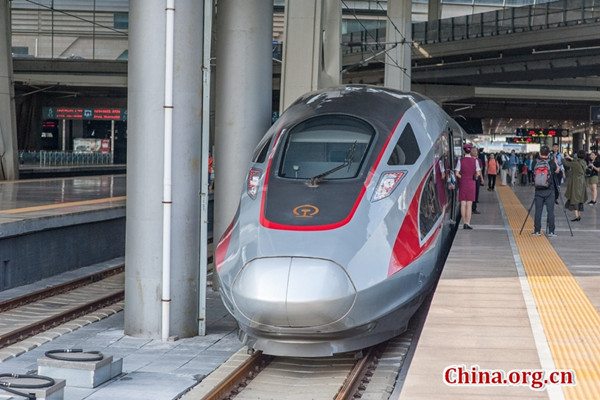Mining suspended in NE China nature reserves
Mining has been suspended in all nature reserves in northeast China’s Liaoning Province, local authorities said.
A total of 11 mines are located in nature reserves in the province. All mines will be closed by the end of this year.
According to Li Yongtao, deputy director of Kuandian Manchu Autonomous County land resources bureau, the local government will start environmental restoration work soon as production ceases.
China has carried out environmental inspections nationwide as part of a campaign to fight against pollution and environmental degradation as decades of growth have left the country with smog, polluted water and contaminated soil.
Inspectors monitor prominent environmental issues, oversee local improvements and push for local government accountability.
